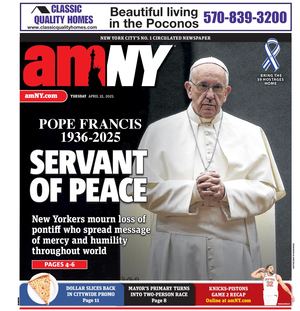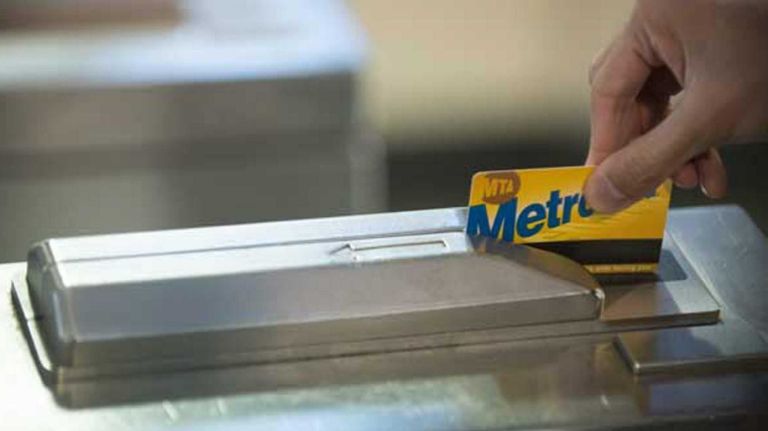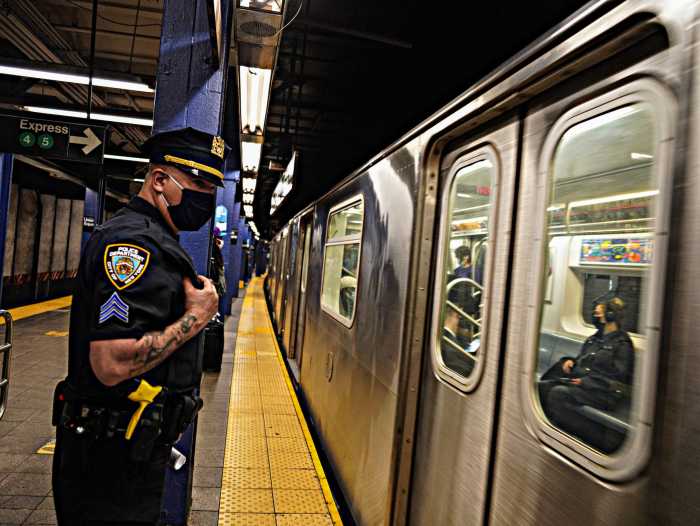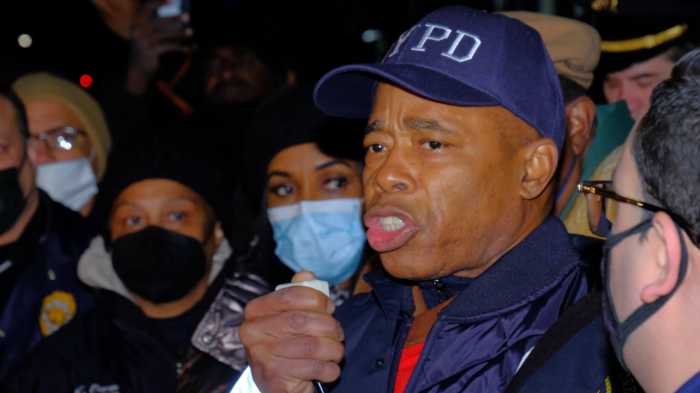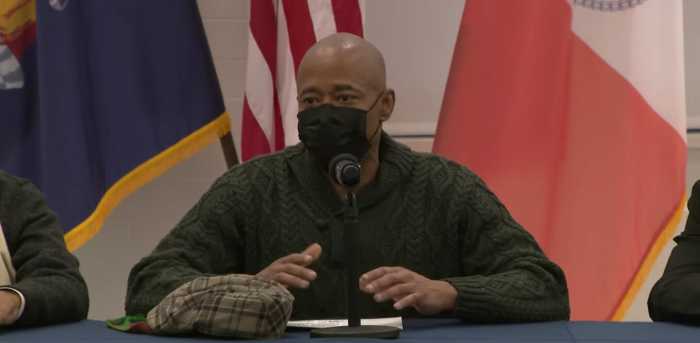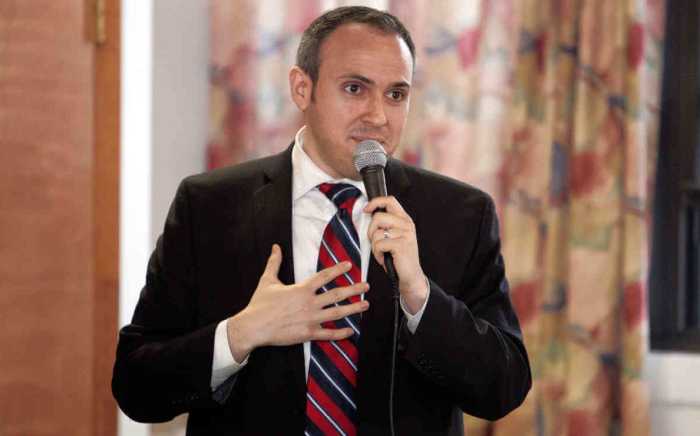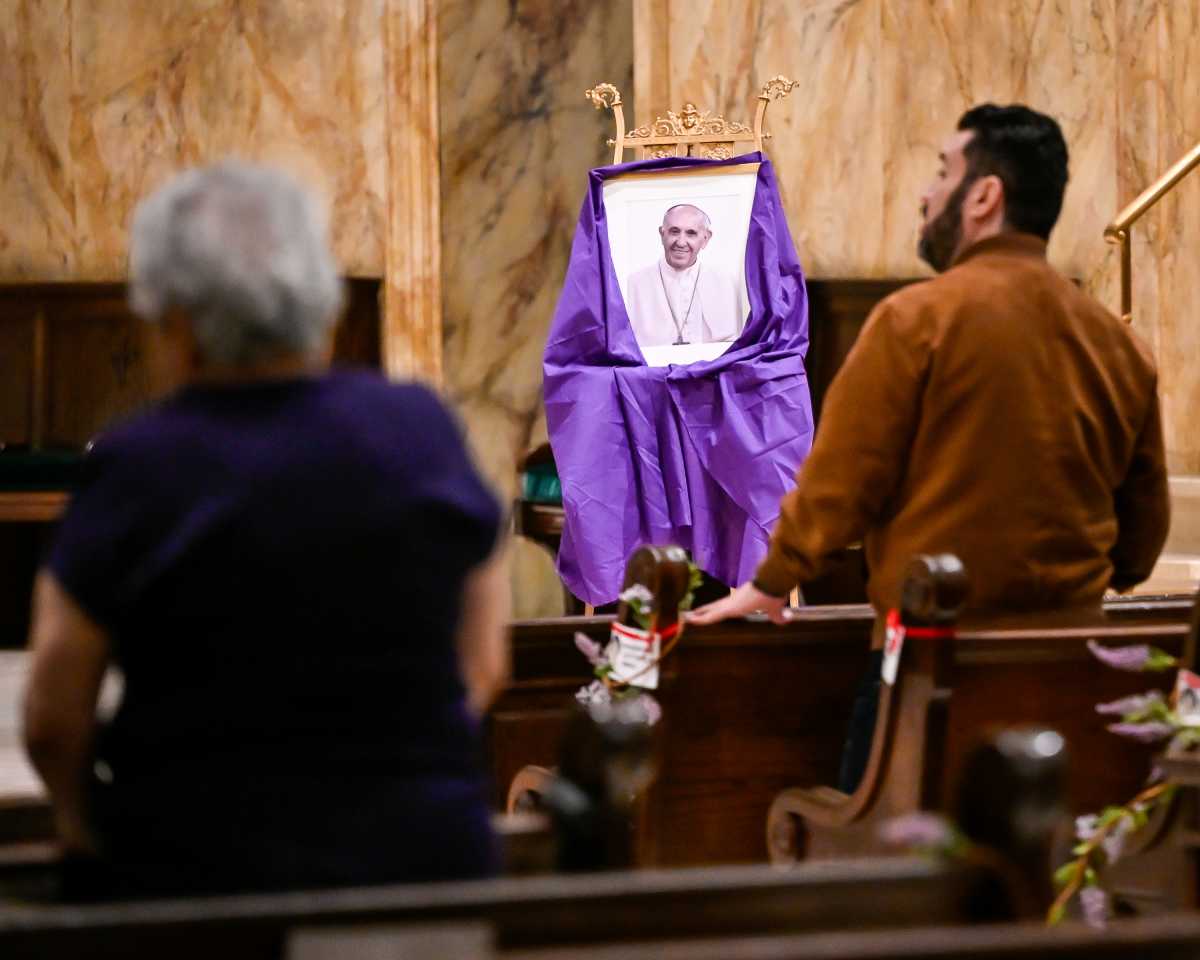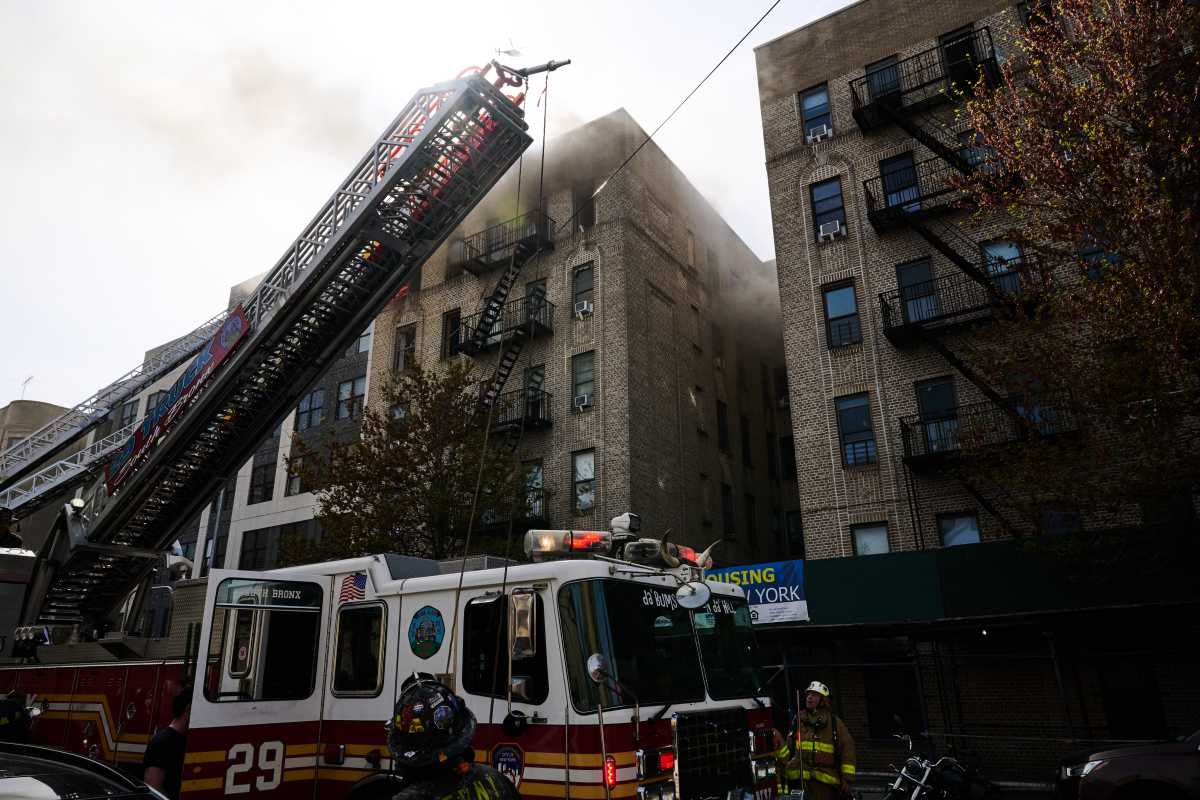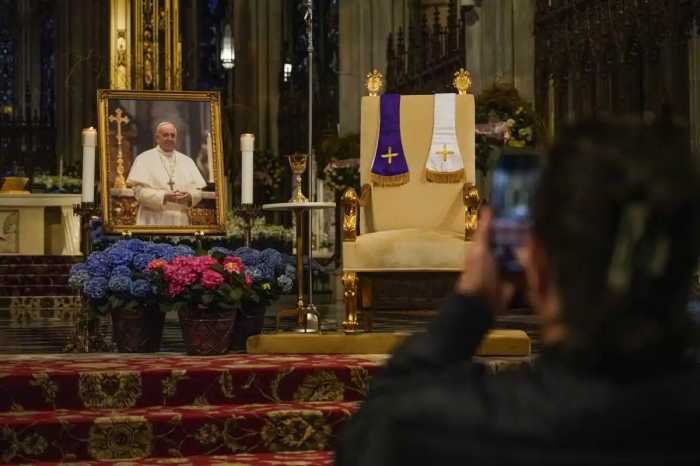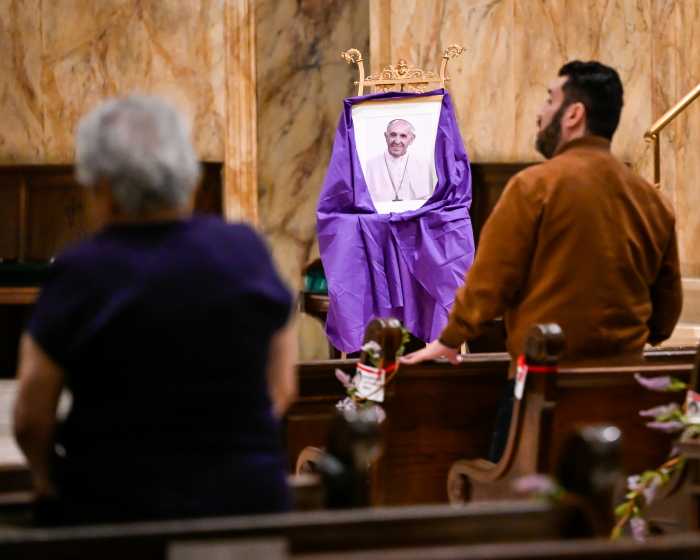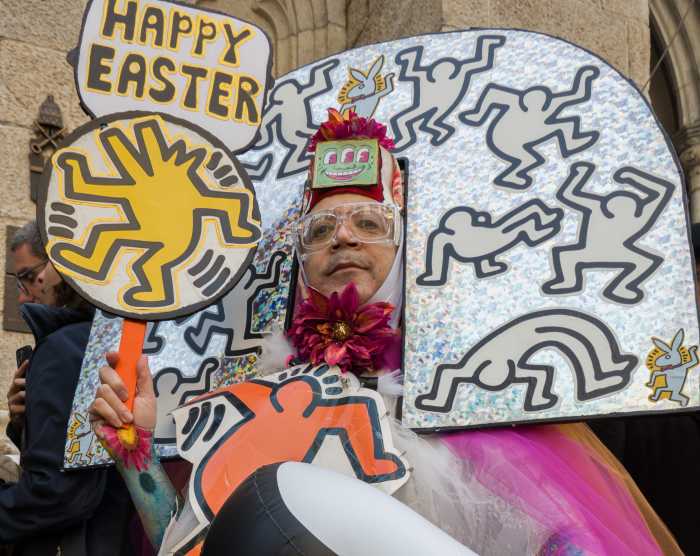Mayor Eric Adams and City Council Speaker Adrienne Adams agreed to increase funding for New York City’s half-price MetroCard program known as Fair Fares in this year’s budget, both politicians announced Monday.
The initiative will get a $75 million “baseline” in the upcoming city spending plan and for the first time become a permanent fixture of the budget with guaranteed funding, according to the Mayor’s office.
“The path to an equitable recovery runs through our public transit system,” said Mayor Adams in a statement. “Since its inception, Fair Fares has proven to be a transformative program for so many New Yorkers struggling to get by, and we are proud to announce this investment in its future to help even more people going forward.”
City Hall also increased the current budget year’s allocation from $53 million to $68.5 million to meet returning transit ridership, after the MTA logged more than 3 million straphangers for three consecutive days last week.
The raised allocation is still at 71% of the $106 million the program had pre-pandemic and Speaker Adams, along with MTA chairperson Janno Lieber and advocates, had asked for Fair Fares to get its full funding back.
Mayor Adams is set to present his first annual budget this week.
Fair Fares launched in 2019 under then-Mayor Bill de Blasio and Council Speaker Corey Johnson and allows New Yorkers aged 18-64 who live at or below the federal poverty line to buy MetroCards at a 50% discount.
They originally allocated $106 million to the program, but cut it by 62% to $40.5 million amid cratering pandemic-era revenues in 2020.
City Hall slightly restored it to $53 million last year, making up a mere 0.05% of the city’s massive $98.7 billion 2021 budget.
The city also shuttered its dedicated Fair Fares offices during the COVID-19 outbreak and consolidated them into outposts of the Human Resources Administration, while moving applications and renewals largely online and via 311.
Speaker Adams and 19 of her colleagues in the Council on Sunday said the mayor should refund it 100%, and the legislative leader said they could still add more money if demand grows.
“Affordable access to our public transit system is essential to our recovery from the pandemic, and to achieving equity at all times,” said Speaker Adams. “The Council remains committed to returning the program to its original funding level, and if uptake of the program reaches the budgeted amount before the end of the fiscal year, additional funds should be made available to meet the transportation needs of New Yorkers.”
Mayoral spokesman Jonah Allon said that the original allocation was well above what the city ended up spending on the program. The highest full-year expenditure was $48.9 million in Fiscal Year 2021, which ranged from July 1, 2020 until June 30, 2021.
The $75 million was based on what officials anticipate demand will be, adding that the mayor is open to “adjusting” based on ridership and enrollment, the rep added.
Currently, 264,635 people are enrolled in the program, just above a third of the estimated 753,406 working-age city residents that meet the income threshold, a researcher with the nonprofit Community Service Society previously told amNewYork Metro.
The city could double enrollment said the organization’s president and CEO David Jones, who also sits on the MTA board.
Almost 1 million people could be eligible if Mayor Adams adjusted the requirements to be line with the city’s poverty level, which is higher than that of the feds due to the high cost of living in the Five Boroughs.
“The Fair Fares program is a lifeline for low-income New Yorkers struggling with transit affordability,” said Jones in a statement Monday. “Our research shows that awareness of the program is low citywide, with only 35 percent of eligible New Yorkers taking advantage of it.”
The organization released a report Monday that found nearly half of people eligible for the program in the city hadn’t applied for it, with awareness worst in Queens where only one-in-four people matching the requirements had signed up.
